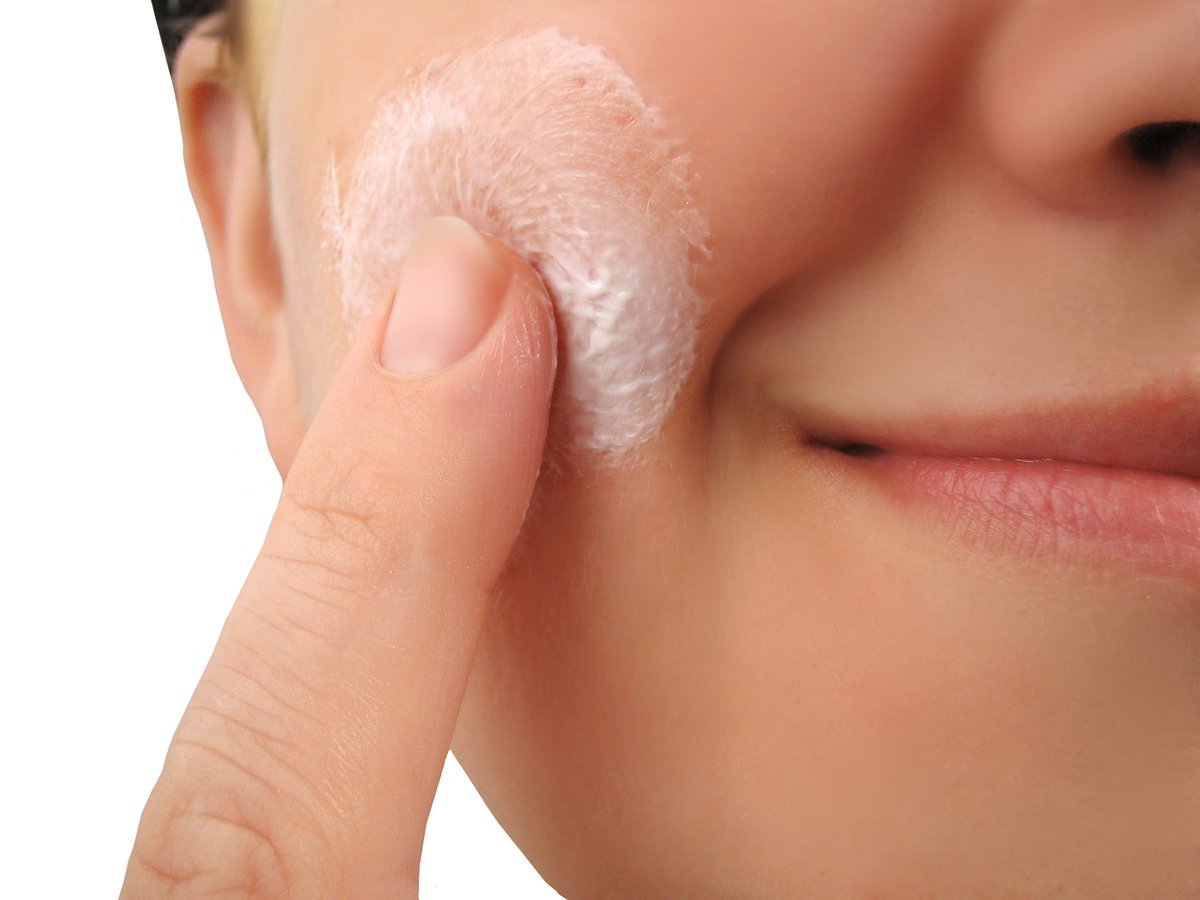A pH level, scientifically speaking is the measurement of hydrogen ions
in a substance. The purpose of this measurement is to read the acidity
or alkalinity of a particular substance. This is an important
evaluation, especially for cosmetics, because the pH level if very high
or very low can be dangerous if it comes into contact with another
substance, such as skin.
The pH scale goes from zero to 14. Zero being very acidic and 14 being
very alkaline, with everything in various spots in between. Lemon juice
is registered at a pH level of two, vinegar at two and a half and
peroxide at four. These are all acidic. At the other end of the scale
depilatories (hair dissolving agents such as Veet and Nair) come in at
11.25, soap registers at ten and pure water is smack in the middle at
seven.
Skin varies, depending on the person and often their diet, between 4.5
and 6. The norm is 5.5, which is slightly acidic. There are theories
that the reason for skin's slight acidity is to fight bacteria and keep
the skin healthy. As we age, the pH of the skin begins to slide to a
more neutral level, lessening the acidity.
This information is important if your products are causing your skin to
be dehydrated and sensitive. Often, using regular soap will break down
the skin's acidic defenses because of its alkaline nature. Regular soap
normally has a pH of 10, whereas skin is well on the other side of
neutral at 5.5. This is why using regular soap will leave your skin
feeling tight and dry.
Cosmetics should be balanced for the skin, which would make them
slightly acidic. If you're using a treatment cleanser for acne or oily
skin often it will have a more alkaline reading than a cleanser for
normal or dry skin. This is to help treat the oil secretions.
If this is the case, it's important to follow your cleanser with a
toner to return your skin to its normal pH level. You still have the
benefit of a strong anti-sebaceous cleanser without the repercussions
of an unbalanced skin, which is dehydration.
Even if you use a cleanser for normal or dry skin, it's a good idea to
follow up with a toner because the water you rinse with after cleansing
still has a higher pH than your skin.
Ensuring your products are pH balance can be difficult if the
manufacturer's label doesn't inform you. This is usually the case with
cheaper cosmetics sold off the shelf in drug or grocery stores. Spa and
salon cosmetics, as well as department store cosmetics will have this
information more easily.
Manufacturers of the more expensive lines of cosmetics will almost
always ensure the pH level of their products are specifically designed
for skin.
If you're concerned about your specific cosmetics ask your esthetician
or sales associate about the products. You may find a toner is all you
need to balance your skin.
Denise Surette loves toners with chamomile and lavender extracts to
calm and soothe the skin. She is a journalist and an esthetician at HS
Studio.

Phil Oh’s Best Street Style Photos From the New York Fashion Week Spring 2023 Shows
This season New York Fashion Week has brought in a worldwide crowd of stars thanks to a packed season that even includes shows...










